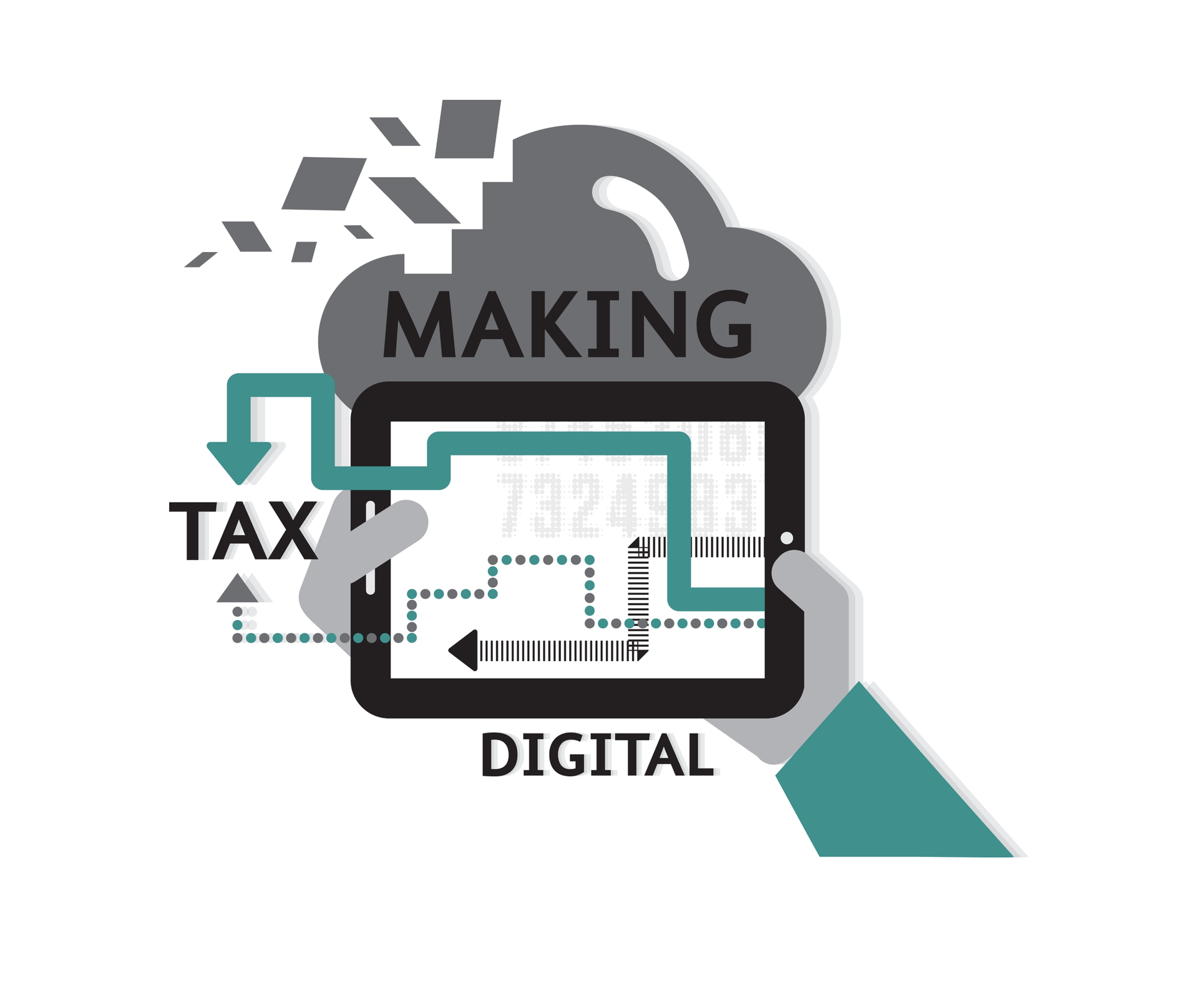.jpg)
Each year the UK government raises around £800 billion a year in receipts, that is, income from taxes and other sources. The majority come from Value Added Tax (VAT), Income Tax and National Insurance contributions (NICs). Combined, these raise over £460 billion.
Value Added Tax (VAT)
Value Added Tax is levied on many goods and services and raised £134 billion for the exchequer’s purse in the period 2019-20. This represented 16.2% all receipts and was equivalent to around £4,700 per UK household.
To better understand how VAT works, we can take the example of a manufactured item, such as a jacket. The jacket goes through several stages before it reaches the consumer:
- The manufacturer buys raw materials from various suppliers and then makes the jacket from these raw materials
- The manufacturer then sells it to a wholesaler
- The wholesaler sells the jackets to a retailer
- And finally, the retailer sells it to the consumer.
Each time the jacket changes hands, value is added to it, and at each stage the seller adds VAT to the selling price, recouping it from the buyer and paying it to HMRC.
The buyer, having paid the gross amount to the seller, reclaims the VAT from HMRC. But at the final stage the consumer is unable to reclaim the VAT so pays all the tax on the value that has been added to the garment since it began its journey as raw materials.
Though the theory is simple the practice has become extremely complicated. The basic rate of VAT is 20% but there are many exceptions. Most notably in recent times, the VAT rate for the tourism and hospitality sectors was reduced to 5%, is currently at 12.5% and will revert to the full 20% rate in March 2022.
Another example of VAT complexity is that some items are taxable but at the rate of zero percent - basic foodstuffs and children’s clothes for instance.
Income Tax
Income Tax is a tax you pay on your income. You do not have to pay tax on all types of income, but you would pay tax on things like:
- The money you earn from employment
- Your profits if you’re self-employed
- Grants and support payments made to you or your business because of coronavirus, including the Self-Employment Income Support Scheme, the Coronavirus Job Retention Scheme, the Small Business Grant Fund or the Retail, Hospitality and Leisure Grant Fund
- Rental income
Income Tax is not payable on, for example:
- The first £1,000 of income from self-employment - the ‘trading allowance’
- The first £1,000 of income from property you rent (unless the Rent a Room Scheme is being used)
- Income from tax-exempt accounts, like Individual Savings Accounts (ISAs) and National Savings Certificates
- Dividends from company shares under a dividends allowance
- Premium bond or National Lottery wins
Most people in the UK get a Personal Allowance of tax-free income. This is the amount of income you can have before you pay tax. The amount of tax you pay can also be reduced by tax reliefs if you qualify for them.
National Insurance Contributions (NICs)
National Insurance is a fundamental component of the welfare state in the UK, acting as a form of social security since payment of National Insurance Contributions establishes entitlement to certain state benefits for workers and their families.
Introduced by the National Insurance Act 1911 the system was initially a contributory form of insurance against illness and unemployment, but more recently has become just another form of income tax, contributing billions annually. Employees’ NICs are deducted from wages along with income tax, with the employer also making contributions
Further information about the types of National Insurance can be found on the government’s website here.
Taxes on capital and death
Perhaps the most familiar tax of this type is Stamp Duty Land Tax (SDLT) paid by house buyers. SDLT is usually paid on increasing portions of the property price when you buy a residential property, for example a house or flat. SDLT only applies to properties over a certain value. The amount you pay depends on:
- when you bought the property
- how much you paid for it
The government’s SDLT calculator can assist in working out how much tax is payable.
Capital Gains Tax (CGT) is payable on the difference between the acquisition price and the selling price when an asset is sold, usually one held as an investment. But no CGT is due on the disposal of a private residence, or on ‘wasting’ assets such as cars, caravans, and boats. And no CGT is paid on death, but Inheritance Tax (IHT) may apply instead.
Inheritance Tax is a tax on the estate (the property, money, and possessions) of someone who’s died. There’s normally no Inheritance Tax to pay if either:
- the value of your estate is below the £325,000 threshold
- you leave everything above the £325,000 threshold to your spouse, civil partner, a charity, or a community amateur sports club
If the estate’s value is below the threshold, it will still need to be reported to HMRC.
Not so simple!
The above is an oversimplification of the UK tax code, which at 10 million words is nearly 18 times longer than Tolstoy’s “War and Peace”! So, if you need tax advice, please contact me here: martin.johnson@torgersens.com.
The information provided in this blog is for general informational purposes only and should not be considered professional advice. As far as we are aware, the content is accurate at time of publication. Torgersens assumes no responsibility for errors or omissions in the content or for any actions taken based on the information provided.




.jpg)



